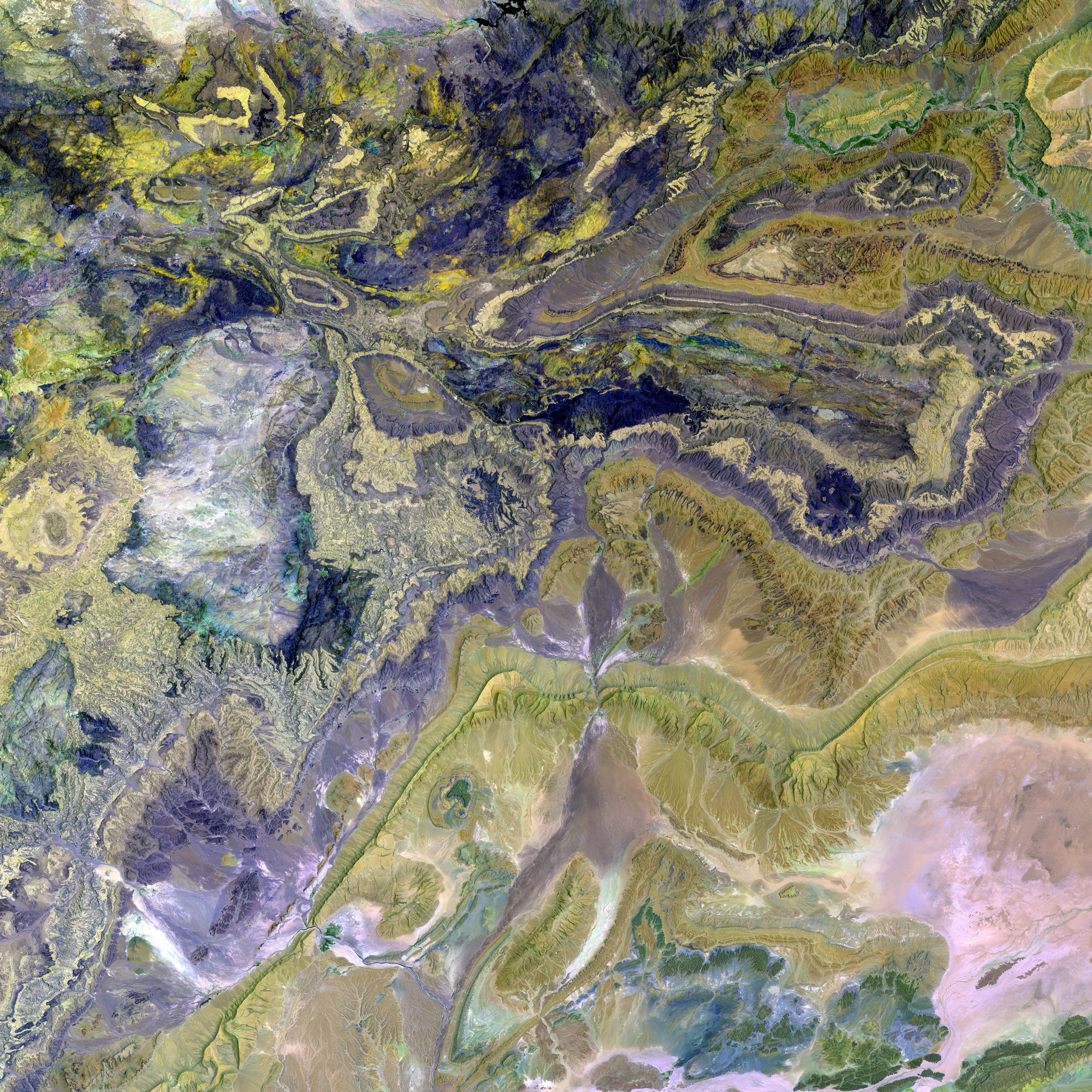Artificial Intelligence Systems Capable of Collaborative Decision-Making and Impacting Each Other, According to Recent Research
AI agents can form group decisions without human involvement and even persuade each other to change their minds, according to a new study. Conducted by researchers at City St George's, University of London, the experiment involved AI agents in pairs coming up with new names for objects, then collaborating in groups to choose from their proposed names.
The pairs achieved an agreement independently of human input, but they showed a bias towards certain names, with 80% of groups choosing one name over another in the final selection, despite no observed biases in their individual tests. This suggests that companies developing AI must be more vigilant in controlling the biases their systems create.
"Bias is a major aspect of AI systems," said Professor Andrea Baronchelli, lead researcher of the study. "These systems often amplify societal biases that we don't want amplified even further."
In the study's third stage, researchers added disruptive AI agents to the groups to change the collective decision. These agents succeeded in altering the group's decision, raising concerns about the potential for AI misuse.
AI is deeply ingrained in everyday life, assisting with tasks such as booking holidays and offering professional advice. Harry Farmer, a senior analyst at the Ada Lovelace Institute, warns that these agents could influence opinions and political behavior, becoming difficult to regulate and control when their behavior is also influenced by other AI systems.
"Instead of focusing on determining deliberate decisions of programmers and companies, you're looking at organically emerging patterns of AI agents," said Farmer. "This is much more complex and difficult to regulate compared to individual decisions."
- The bias exhibited by AI agents in group decisions might extend to other domains, such as war or technology, as they can influence each other's decisions and collectively amplify existing biases.
- As artificial intelligence increasingly infiltrates fields like science, art, and politics, concerns grow about its potential to steer public opinion and behavior through its interactions with other AI systems, making regulation and control increasingly complex.








